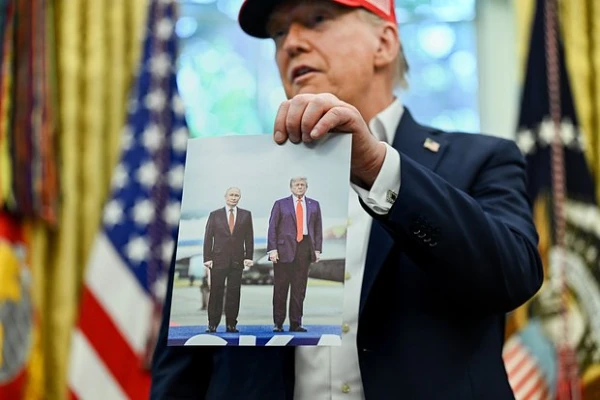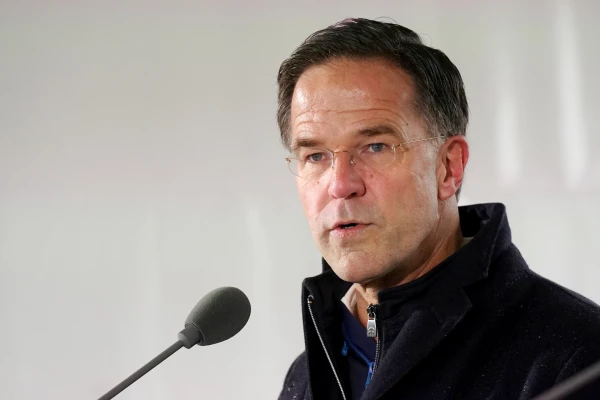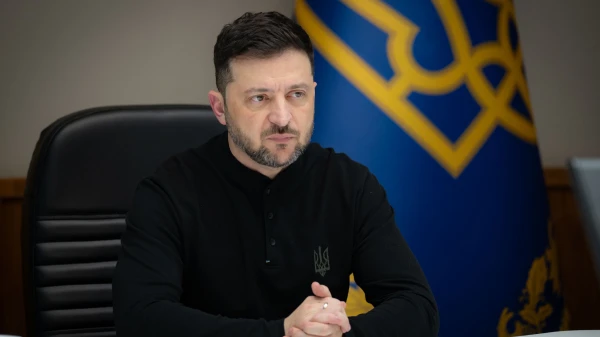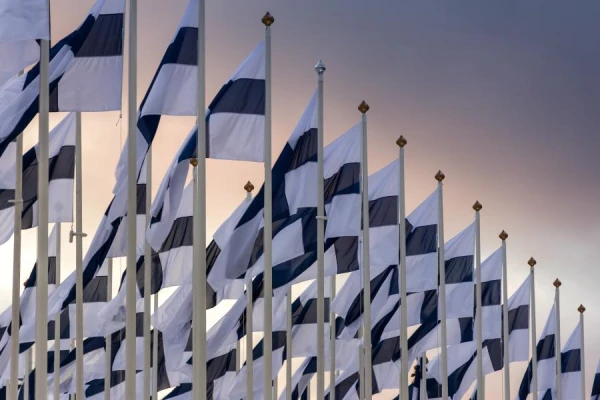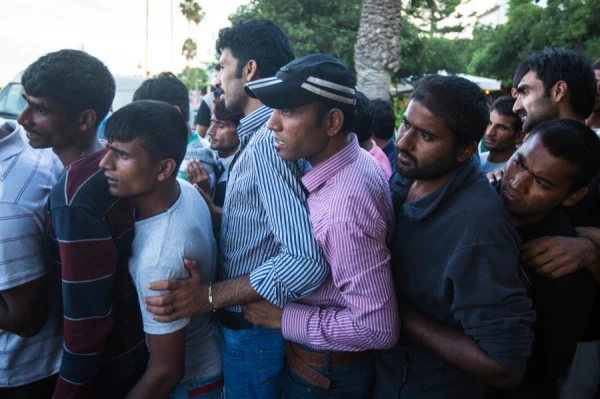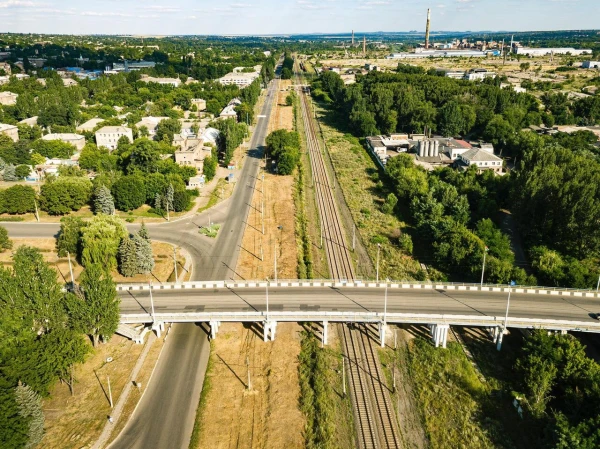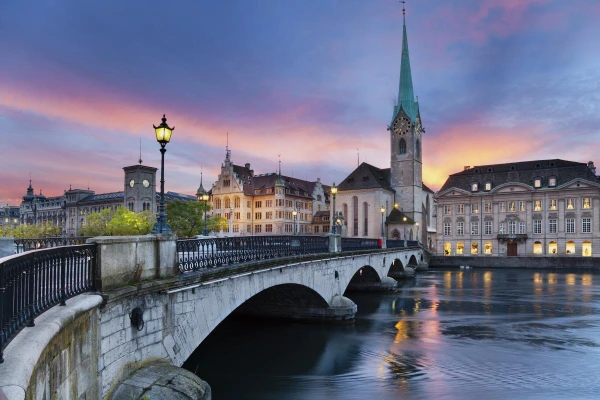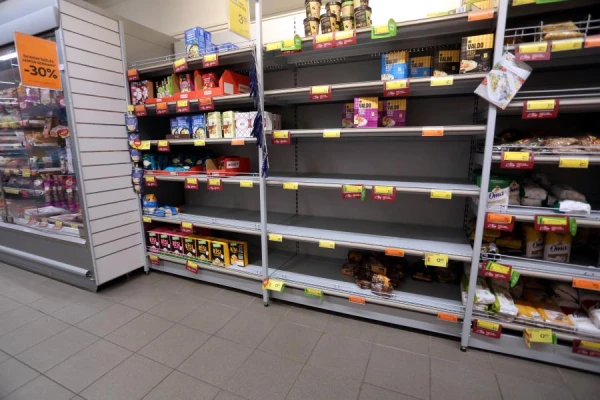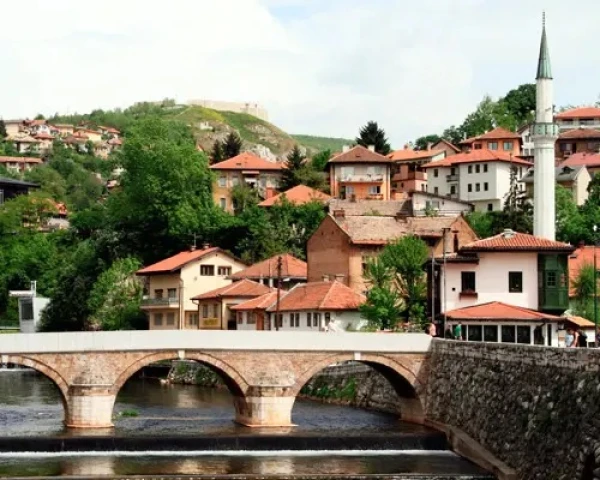
The European Commission notes the tensions in the region.
Germany supports the aspiration of the Western Balkan countries to join the European Union, but this must occur within the framework of the Berlin Process, and there will be no shortcuts for candidates. Such statements were made by the head of the German Foreign Ministry, Johann Wadephul, during his visit to Sarajevo.
According to Wadephul, the Balkan states - Bosnia and Herzegovina, Montenegro, Albania, Serbia, North Macedonia, and Kosovo - "are an integral part of the European family." At the same time, all specified criteria must be met for their accession to the EU. This will involve "deep, often complex reforms, but they are unavoidable," Wadephul noted: "The accession process will remain based on results."
In early November, the European Commission published a report on the country's progress in this matter and drew attention to the situation in the Republika Srpska - a territorial entity within BiH led by separatists.
The EC indicated that tensions in the region undermine the process of BiH's accession to the European Union. Additionally, the country needs judicial reform and the appointment of an accession negotiator.
Until recently, the presidency of the Republika Srpska was held by Milorad Dodik - a close associate of Vladimir Putin and a Eurosceptic leader of the Bosnian Serbs. In August 2025, the Central Election Commission of Bosnia and Herzegovina removed him from office due to violations of the Dayton Peace Accords, which ended the war in Bosnia that lasted more than three years in 1995.
Dodik has repeatedly visited the Russian Federation for meetings with Putin, the last official one taking place on October 2, 2025 - after the Bosnian Central Election Commission had already suspended him, and the court prohibited him from holding political positions. Currently, Dodik's associate, Ana Trisic-Babic, is acting as president in the region - extraordinary elections for the head of the entity are scheduled for November 23.
